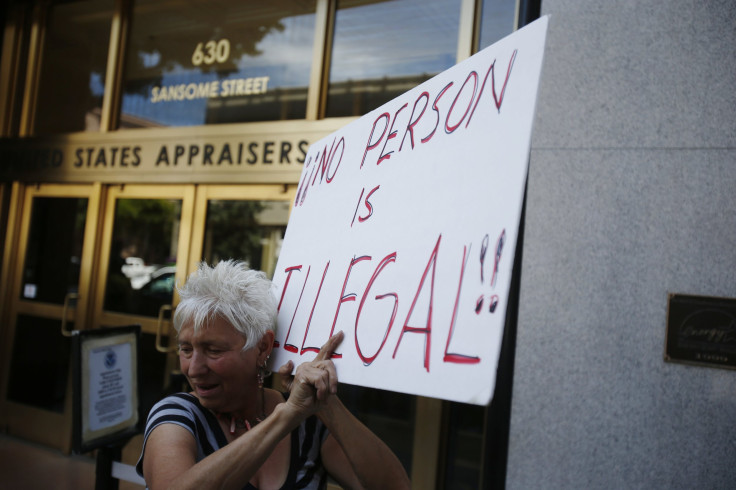Immigration Reform In Wisconsin: Republicans Push Bill Penalizing 'Sanctuary Cities'

Republican lawmakers in Wisconsin said Monday they will keep pushing forward a bill that would penalize municipalities for blocking police from working with federal immigration authorities and asking people about their immigration status. The bill would prevent “sanctuary cities” in the state — including Madison, Milwaukee and Milwaukee County — where municipal policies obstruct law enforcement from helping federal authorities deport undocumented immigrants, the Associated Press reported.
The legislation would penalize non-compliant municipalities with the loss of shared revenue of between $500 and $5,000 per day. The bill’s author Rep. John Spiros said the legislation has received criticism, but doesn’t do what opponents have accused it of intending to do, the Wisconsin State Journal reported. “It’s not there to get rid of illegal aliens. It’s really those who commit a crime,” Spiros said.
The bill came as a response to an incident in San Francisco, one of 300 “sanctuary cities” across the country, where a woman was shot to death last July by an immigrant who had been released from police custody in spite of a request from U.S. Immigration and Customs Enforcement to detain him. Since the local police don’t detain people on federal civil immigration charges, they had no legal basis to honor the detainer.
But critics said the bill would require local officers to enforce federal immigration policy — something typically outside their jurisdiction.
“It opens up this can of worms — you’ll have local municipalities dealing with lawsuits when they have more important work to do,” said Christine Neumann-Ortiz, executive director of the Milwaukee immigrant advocacy group Voces de la Frontera. “The job of immigration is an extremely complex role and should be left to the federal government.”
The bill will go to a public hearing Jan. 20, after a Dec. 15 hearing was canceled to allow for a larger room to be booked and a greater amount of time allotted for public testimony.
© Copyright IBTimes 2025. All rights reserved.





















